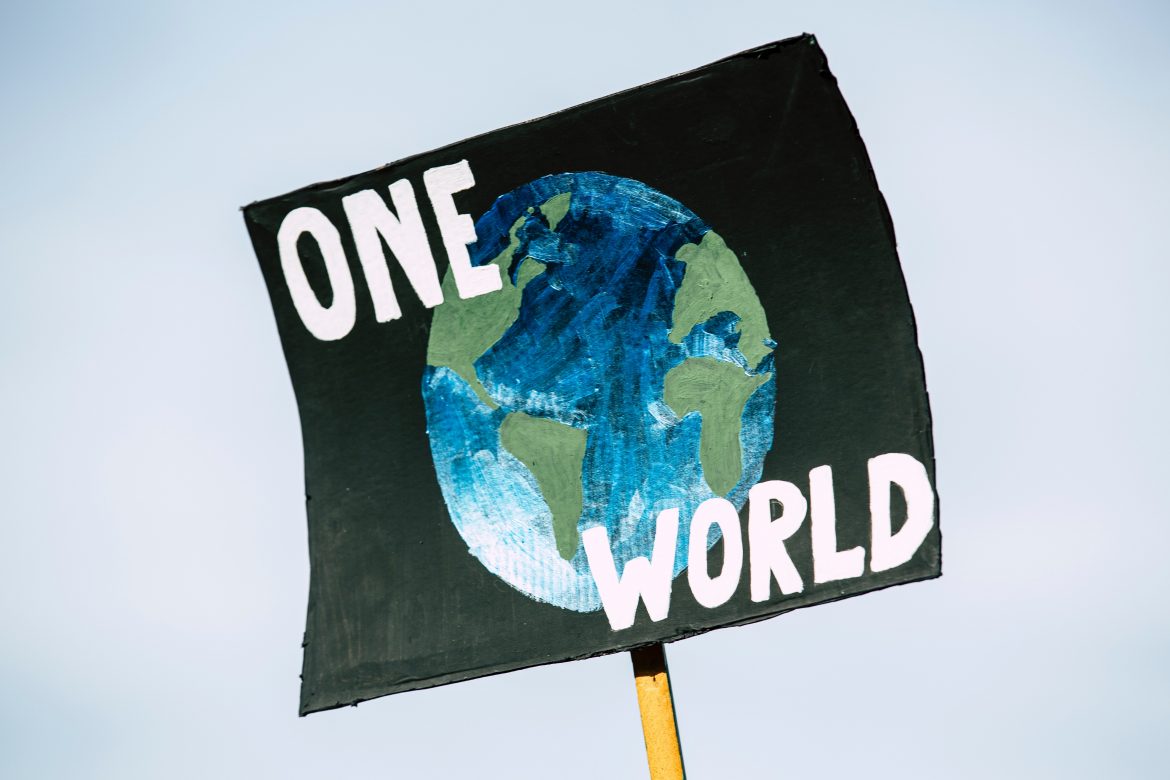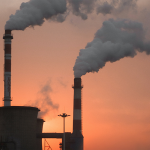The United Nations, France and Germany co-hosted the virtual Climate Action Summit for world leaders over the weekend (you know, the one Scott Morrison wasn’t allowed to speak at). In his opening speech, UN chief Antonio Guterres urged all countries to declare a “State of Climate Emergency in their countries until carbon neutrality is reached.” In real terms, what does declaring a state of climate emergency actually mean?
What does declaring a climate emergency mean?
Ultimately, it’s a symbolic gesture that acknowledges humans have contributed to climate change and that it poses an existential threat. There are no legal powers associated, it’s more like a public acknowledgment and a commitment to ‘doing better’… but there is no requirement for tangible follow-through.
However, declaring a ‘state of emergency’ does have special legal powers attached. Declaring a state of emergency due to a specific threat gives governments the power to put in place temporary laws to protect its citizens. In fact, it requires immediate action to deal with the specific threat. You can’t declare a state of emergency and do nothing…
I call on leaders worldwide to declare a State of Climate Emergency in their countries until carbon neutrality is reached.
— António Guterres (@antonioguterres) December 12, 2020
Five years after the #ParisAgreement, we are still not going in the right direction.
Let’s make the promise of a net zero world a reality. pic.twitter.com/pspktHxQc4
We saw this in action in 2020, with state of emergency powers giving the State Governments and Chief Health Officers powers to restrict movement, require mask-wearing, etc in response to COVID-19. NSW also declared a state of emergency during the 19/20 bushfire season.
In Australia, emergency status is controlled at a state level – the Federal Government doesn’t have this power. Instead, it plays a coordination and support role to assist the States in facing a crisis.
So it’s likely this is what Guterres was referring to in his Climate Action Summit comments. But declaring a state of emergency with climate change as the threat has never been done before.
Which countries have already declared a climate emergency?
Some countries have declared a climate emergency (the more symbolic move). The most notable include:
New Zealand, Japan, South Korea, Bangladesh, Austria, Argentina, Spain, France, Canada, Portugal, the UK, Wales, Scotland and Ireland. The European Union also made a declaration in November 2019.
Related Posts
What’s Australia’s stance?
At a Federal level, the Government voted against taking declaring a climate emergency last year, saying the move was just ‘symbolic’ (which it is, of course). But some States, cities and local councils have committed to making the statement themselves.
According to Climate Emergency Declaration, the tally current sits at 97 local councils including Sydney, Hobart, Melbourne and Adelaide. So far, the ACT is the only state or territory to declare a climate emergency, alongside commitments to power Canberra by 100% renewable energy by 2040 and achieve net zero carbon emission by 2045.





